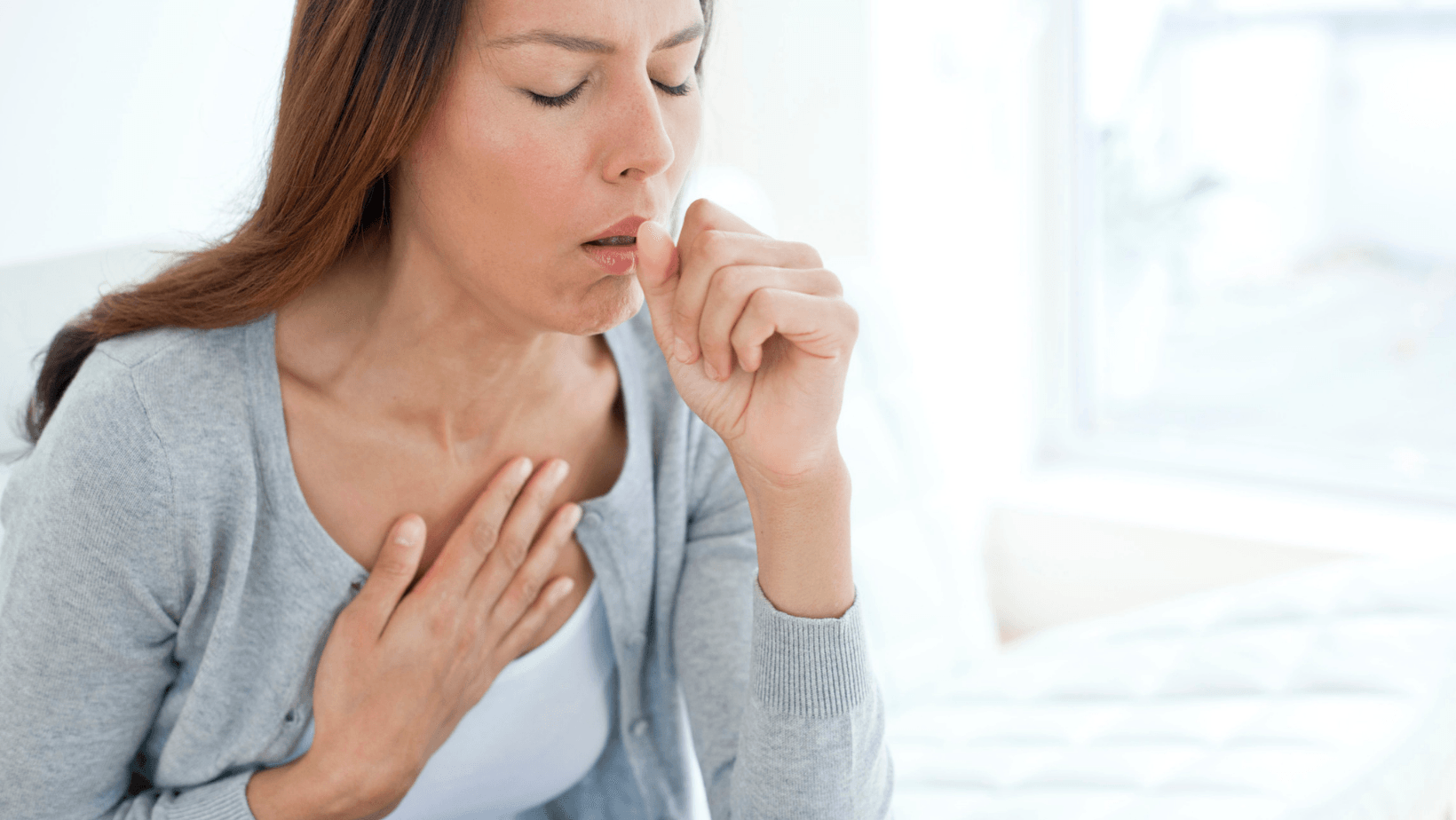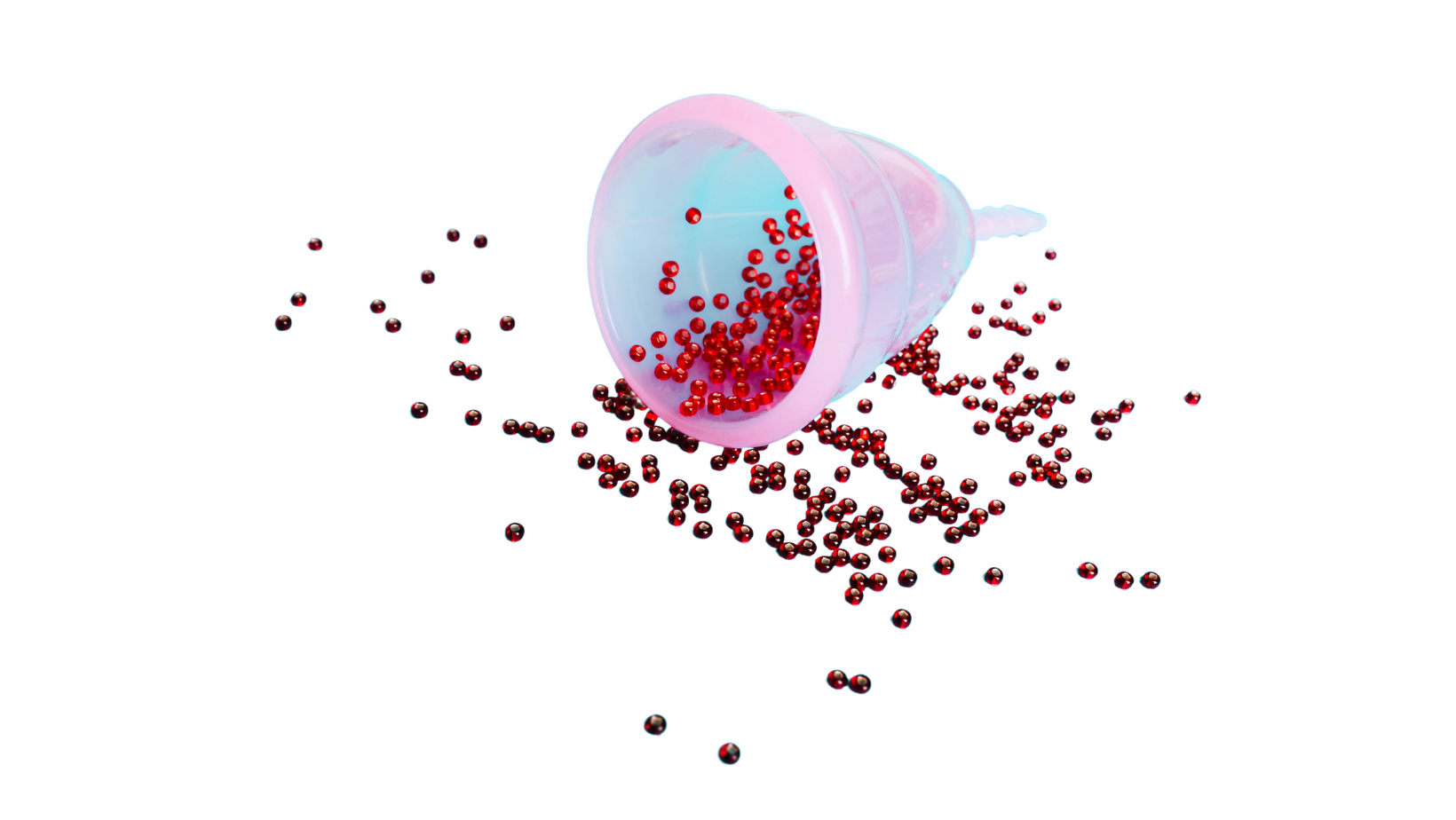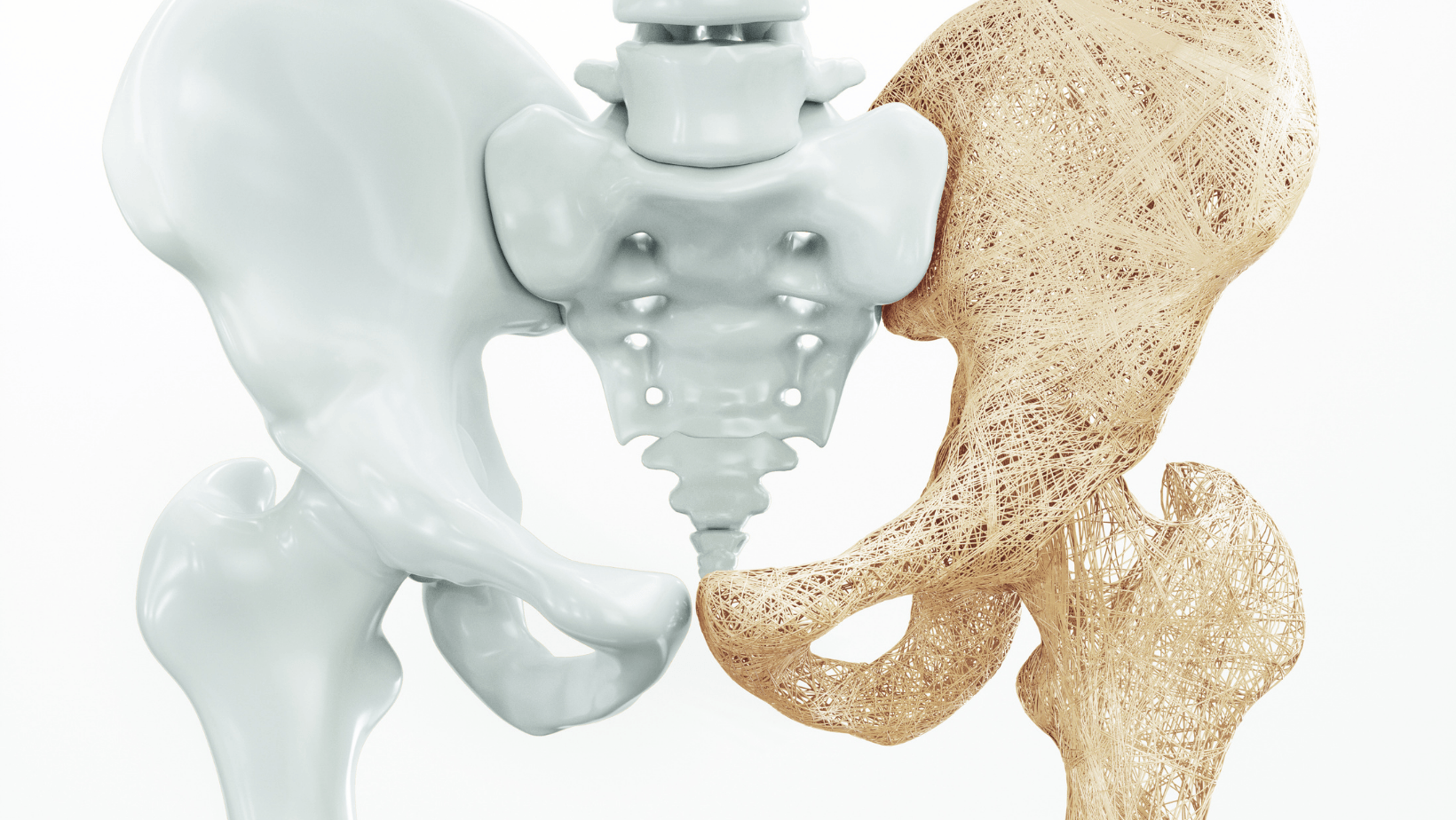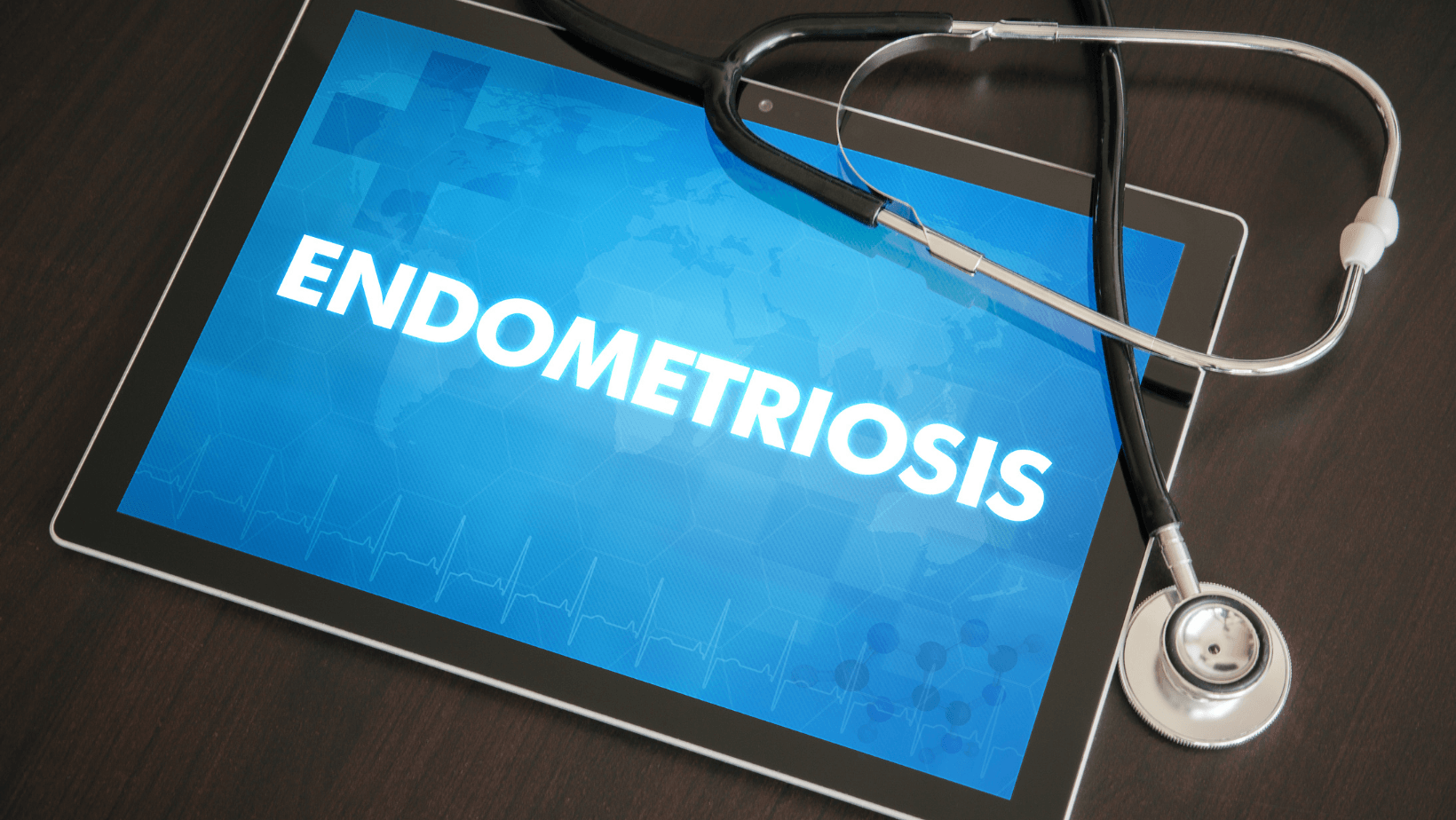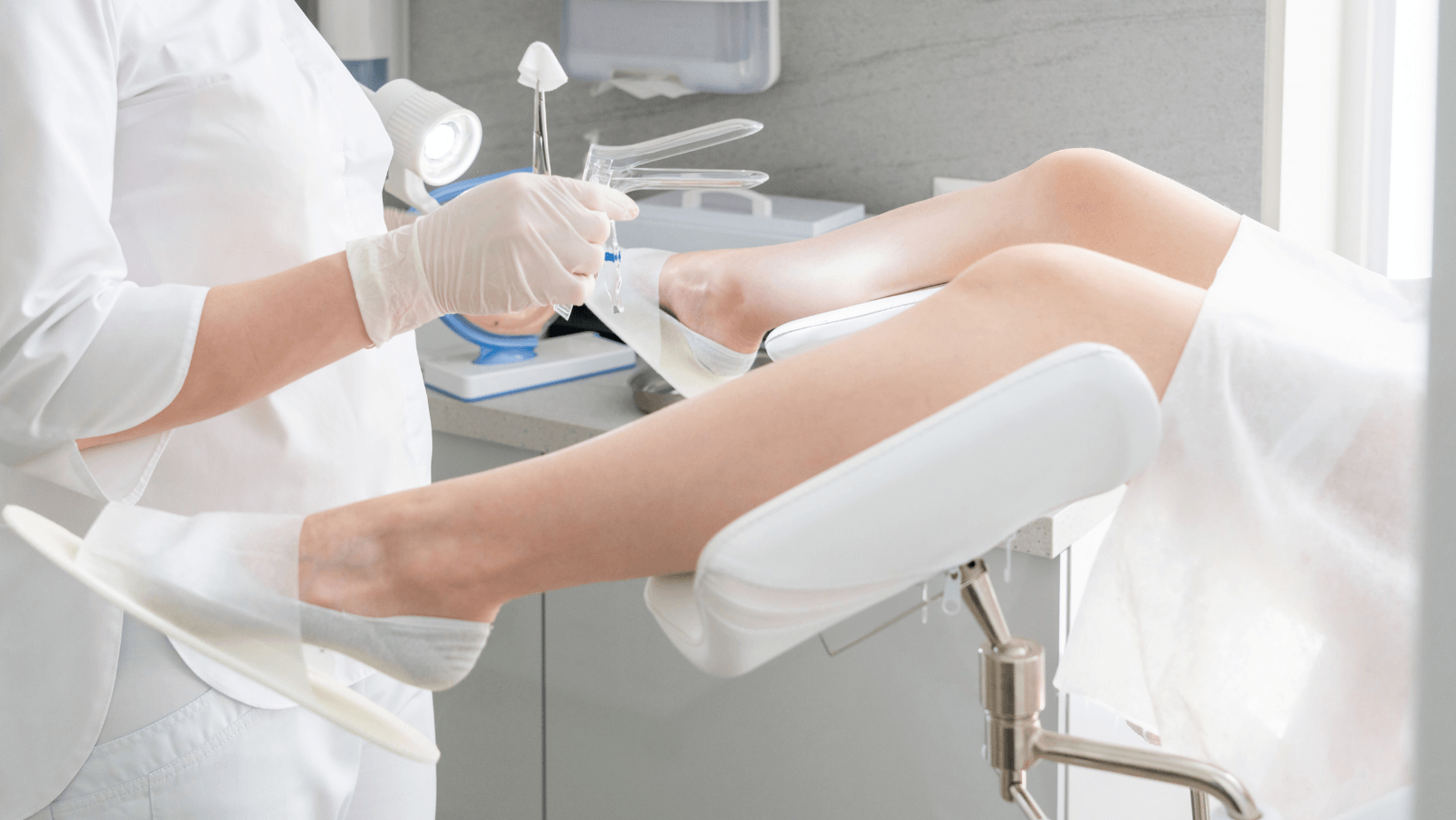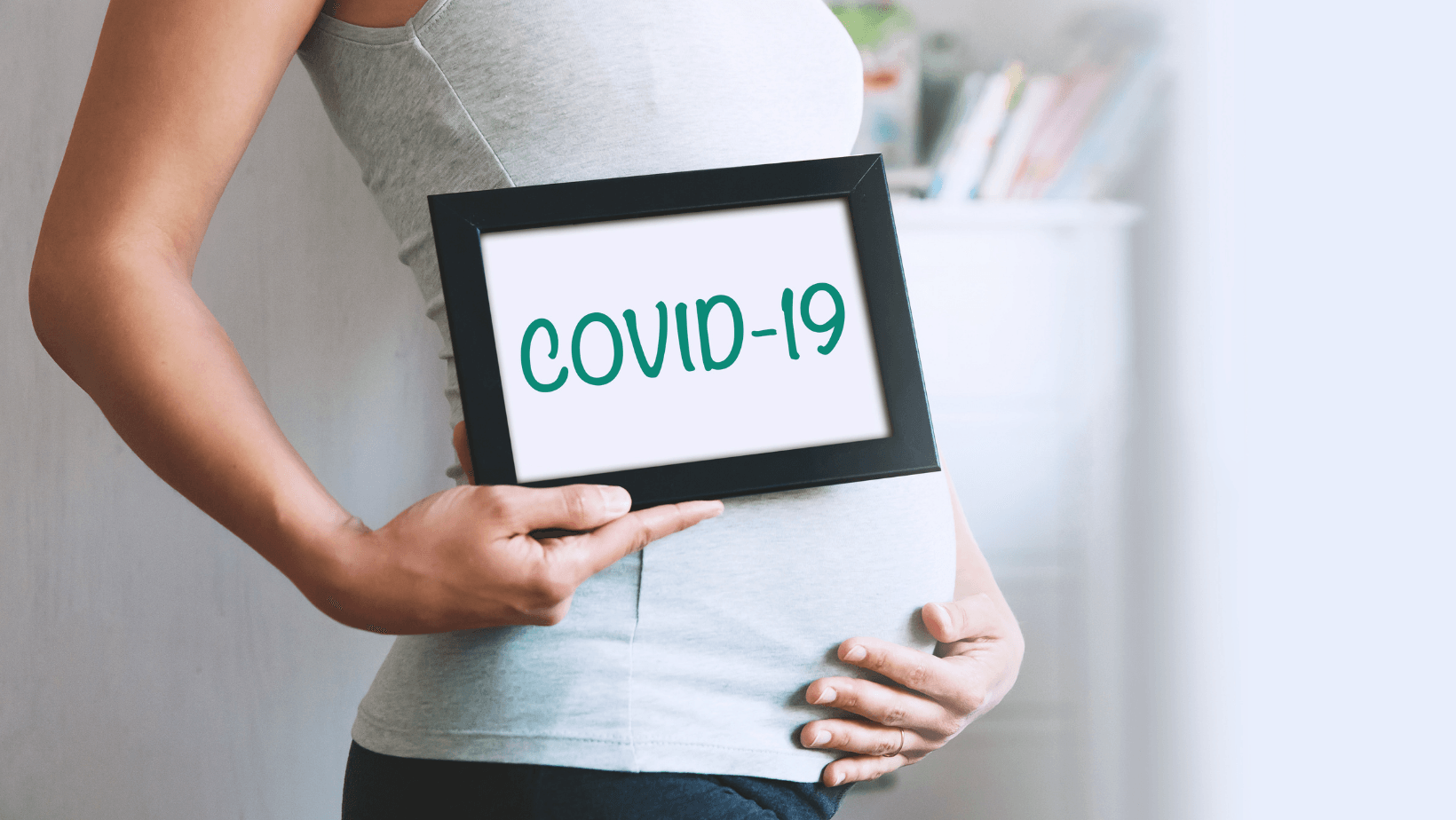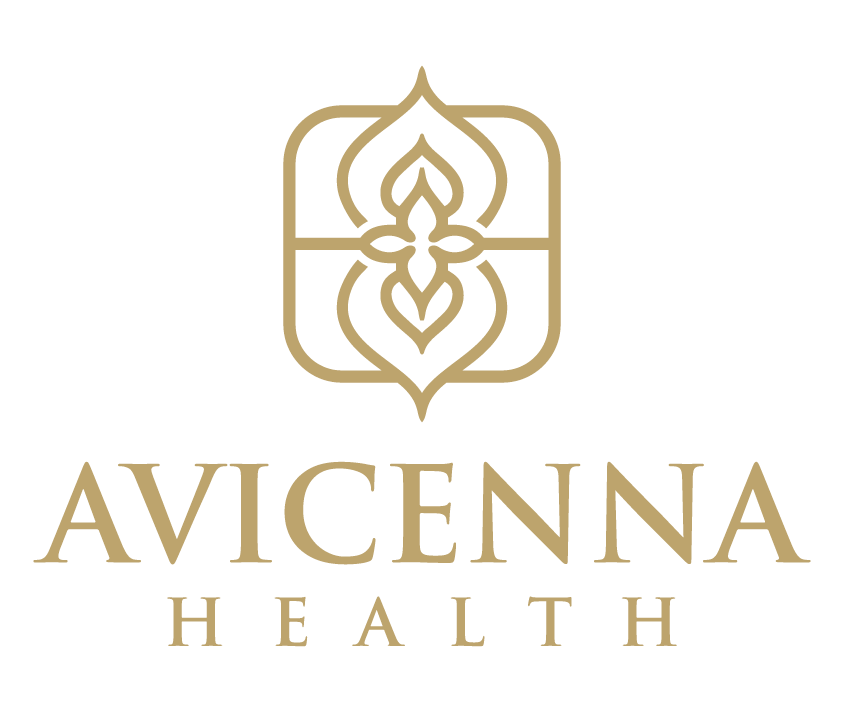Polycystic Ovarian Syndrome - Avicenna Health
Polycystic Ovarian Syndrome
Definition of Illness
A polycystic ovarian syndrome is a widespread case related to hormones that happen among women of reproductive age. Women with PCOS may have infrequent or unnormal menstrual periods or increasing androgen hormone levels. The ovaries may develop many follicles and fail to regularly release eggs.
Symptoms
Irregular periods: that are Infrequent, irregular, or prolonged. Therefore, women might have fewer than nine periods a year, more than 35 days between periods, and heavy periods.
Increased androgen: high levels of these male hormones might cause physical signs, such as facial and body hair (hirsutism) and sometimes-severe acne and male-pattern baldness.
Polycystic ovaries: ovaries might get more enlarged and contain follicles surrounding the eggs, failing to function regularly.
Causes
Excess insulin: it might increase androgen production, so it may be the reason that makes ovulation more difficult.
Low-grade inflammation: This indicates white blood cells' production of necessary substances to fight infection.
Heredity: there are specific genes that might be linked to PCOS.
Excess androgen: when the ovaries produce abnormally high androgen levels, it results in hirsutism and acne.
Risk factors
_ Familial history of previous PCOS
_ Overweight
_ Obesity
_ Insulin resistance
_ Hyperinsulinemia
_ Hyperandrogenism
_ Over consumption of diets and drinks containing high rich in sugar, fructose, transfat, animal fat, and processed foods
When to see a doctor
You should see the doctor if you have any of the following cases:
Menstrual periods disorders
Having signs of excess androgen such as worsening hirsutism, acne, and male-pattern baldness.
Diagnosis
Pelvic exam: the doctor checks the whole reproductive system for masses, growths, or other abnormalities.
Blood tests: blood analysis will measure hormone levels to exclude possible causes of menstrual irregularities or androgen excess that mimics PCOS. In addition, there is additional blood testing to measure glucose tolerance and fasting cholesterol and triglyceride levels.
Ultrasound: which check the appearance of ovaries and the thickness of the lining of the uterus.
Management
Lifestyle changes: weight loss through a diet and sport practicing
Medications
1- Combination of birth control pills: Pills that contain estrogen and progestin decrease androgen production and regulate estrogen.
2- Progestin therapy: Taking progestin for 10 to 14 days every one to two months can regulate periods and protect against endometrial cancer.
To help to ovulate, the doctor might recommend:
- Gonadotropins
- Metformin
- Clomiphene
To reduce excessive hair growth, the doctor might recommend:
Birth control pills: These pills decrease androgen production, which leads to excessive hair growth.
Spironolactone (Aldactone): is a medication that stops the effects of androgen on the skin.
Letrozole
Eflornithine (Vaniqa): it is a cream slowing facial hair growth
Electrolysis: A process that uses a tiny needle inserted into hair follicles, emitting a pulse of electric current to destroy the follicles.
Differential diagnosis
- Ovarian hyperthecosis
- Congenital adrenal hyperplasia
- Medication (eg, danazol, androgenic progestins)
- Hypothyroidism
- Familial hirsutism
- Masculinizing tumors
- Cushing syndrome
- Hyperprolactinemia
- Exogenous anabolic steroid use
- Stromal hyperthecosis (valproic acid)
References
- Medscape
- mayo clinic
- Peertechz



